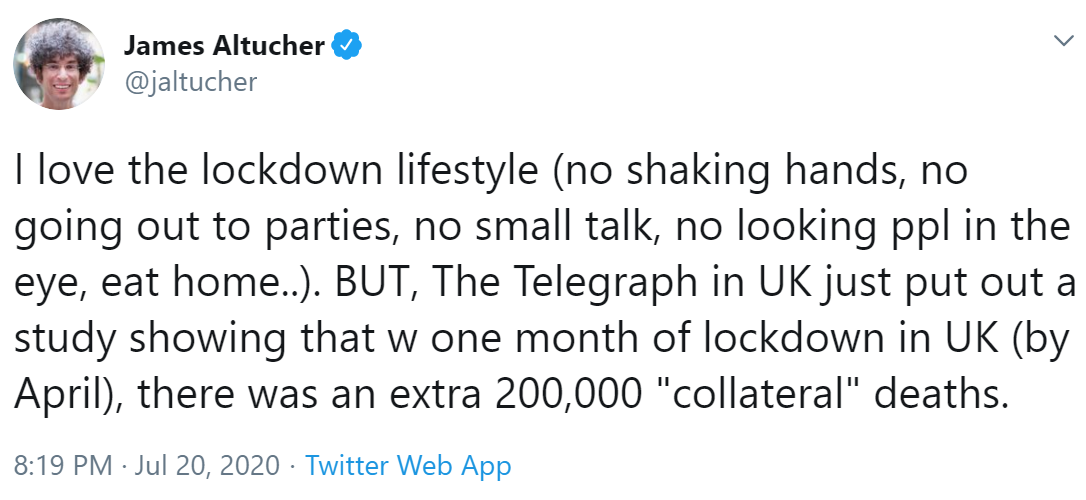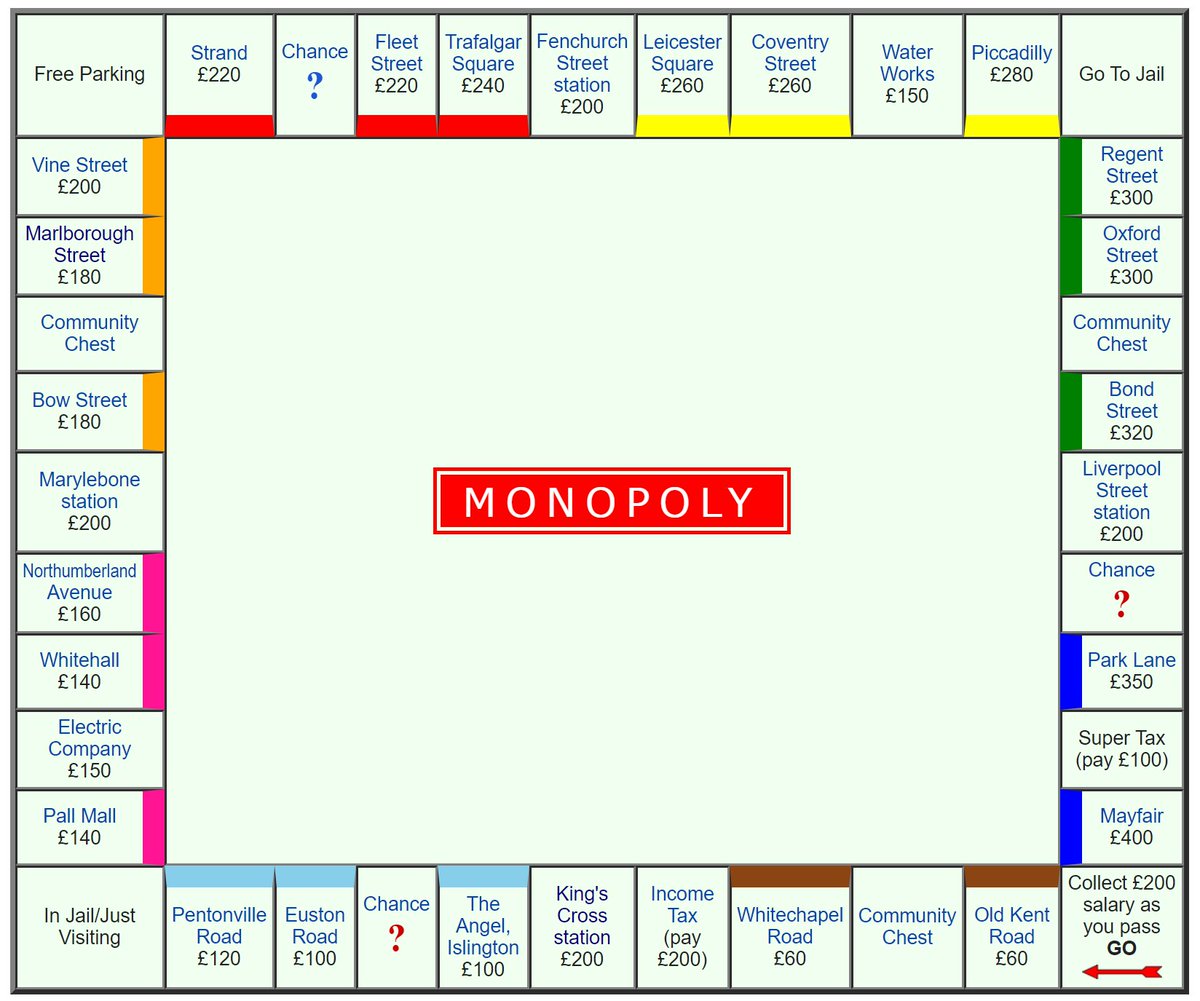Here is a very short thread explaining it a bit.
When more sites started moving to https, in most cases, visits between https & http, the 'page' info would be hidden
For some websites that's annoying: They want to know which page on The Guardian a spike in traffic has come from.
The browser has therefore handed responsibility of what gets shared to the publisher.
Most large websites are packed with tracking code. If Website A has a page '/am-i-having-a-heart-attack-faqs/' & sends traffic to Website B, which can see that, the Facebook code (& any other tracking code) may be able to see that.
























